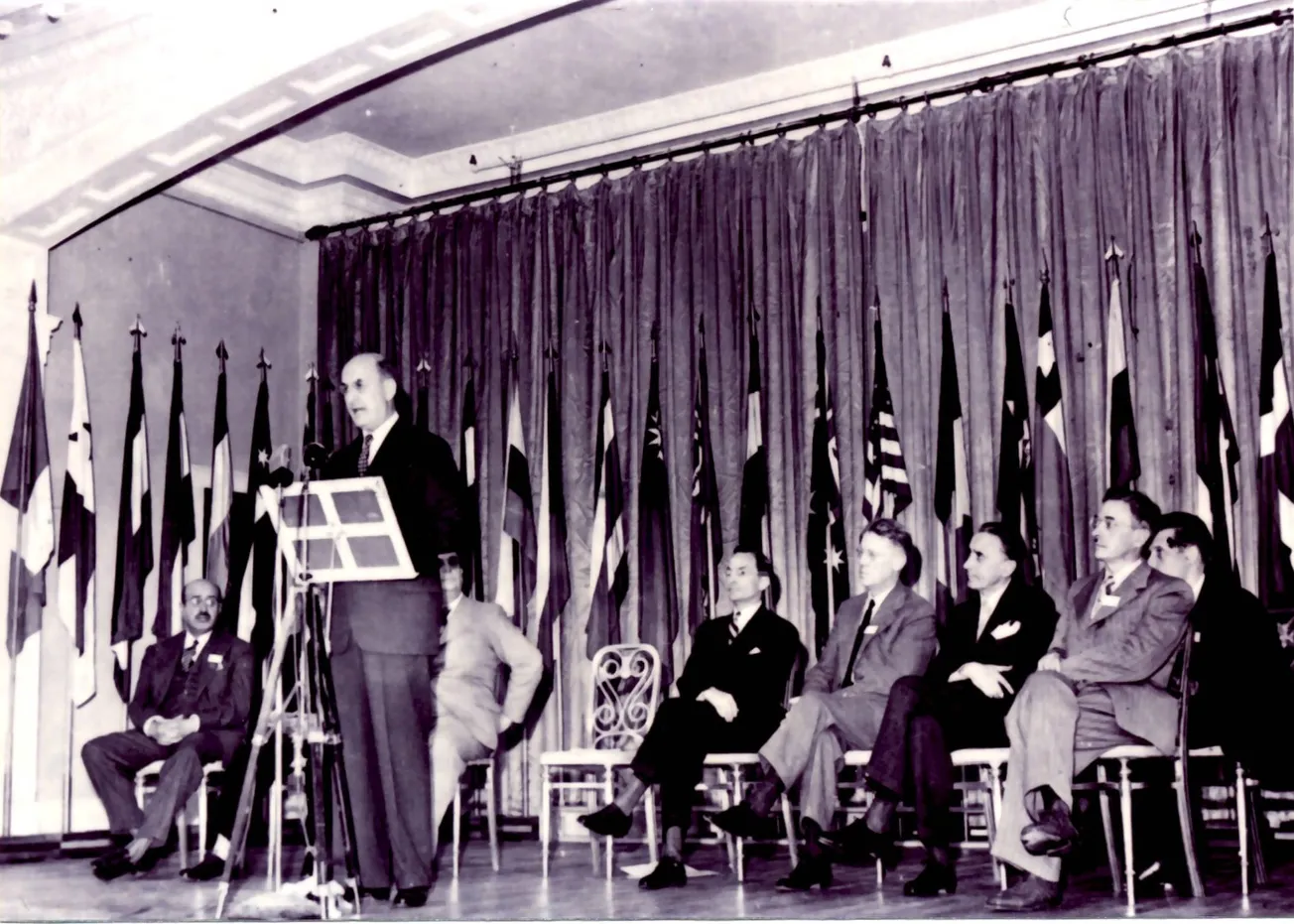During the discussion, President Vladimir Putin also dwelt on the crisis of the New York-London financial system. His formulations are of singular note. The following machine-generated translation is from Deepl, since there is not yet an official transcript available. (The reference to “the Jamaican system” is to the January 1976 decision known as the Jamaica Accords. These consisted of decisions made by the board of governors of the International Monetary Fund (IMF) to officially end the Bretton Woods monetary system, revising the original IMF Articles of Agreement. It was President Richard Nixon’s August 15, 1971 decision to take the dollar off the gold reserve standard, an action uniquely forecasted by Lyndon LaRouche years earlier, which began the 50-plus year monetarist era which has now drawn to a close. The Global Majority, well represented at the SPIEF, and led at the moment by the nations of Russia, China and the BRICS-Plus, are now building an alternative, not against the “West,” but in defense and support of real physical economy, not speculation and war).
Putin said: “Look, the Bretton Woods system died a long time ago, in 1976. It was replaced by the Jamaican system. The Bretton Woods system was based on the gold equivalent. In 1976 (decisions were still to be made along the way) the United States decided to move away from the gold equivalent, and the Jamaican system was created, which unpegged the dollar from gold. What is the basis of this Jamaican system that is still in place today, still in force? Trust in the American economy.
“Look at what is happening in today’s realities: No other collateral, as they say, other than confidence in the American economy, exists in today’s global financial system. Of course, the United States exploits its monopoly position in the global financial market, and it earns a lot from this exploitation. According to publicly available data, the United States conditionally owes the world economy $54.3 trillion.
“What does this figure consist of? $12.6 trillion is what individuals hold in their bank accounts and just in their pockets, under the mattress, as we say, outside of the borders of the United States. In addition, another $10 trillion was taken by American companies. And this is $22.6 trillion, that is not backed by anything, nothing but confidence in the American economy. The remaining (part of the) $54.3 is what citizens of other countries have invested in American companies, and their investments in American companies are secured by the reliability of these companies, and their value. Their reliability also depends on the American economic system, in the final analysis.
“What is happening in the world in this regard? Volumes of the American economies are shrinking, and their fundamentals are cracking from time to time. I mean not only their debt, which is off the charts, but also the fact that they are not always able to cope with the inflation targets (they) set for themselves. They have set inflation targets of 2%, and (then) they fly out (of control), as was the case most recently during the pandemic, to over 7.8%, which undermines confidence in the American economy.…
“Therefore what are we doing now? We are with our BRICS partners. We are building this joint work, and Russia’s role here, of course, can be significant. We have created the New Development Bank, we are creating our own currency instruments. The whole world—well, not the whole world, but a significant part of the participants in the international economic activity—are switching to settlements in national currencies. For example, we have 90% of our trade with China, as I have already said, regulated in yuan and rubles. In the post-Soviet space, the share of the ruble is also approaching 70%, that is, our role here is significant. But we must do it together, it will be more thorough.
“Right away our colleague from Zimbabwe spoke about the involvement of investment,” Putin continued. “Yes, that’s right, it can be done, and not only in relation to Zimbabwe, it can be done in relation to other African countries, this can be done in relation to the countries of South Asia and Asia in general, in relation to rapidly developing countries. But we need instruments that would guarantee these investments and the return (on investment). What can this be based on if not on gold? On the quality of the proposed investment projects. If we ensure the quality—the quality and stability of political regimes—and we will have to do this together, then we can develop such a system of settlements, which will be practically devoid of volatility, will not be volatile, will not be subject to inflation. All this can be done. We discussed this with my friend and colleague, President Xi Jinping during my trip [in May 16-17]; we will talk about this with other leaders of the BRICS countries. This is a very important area of joint work.”




